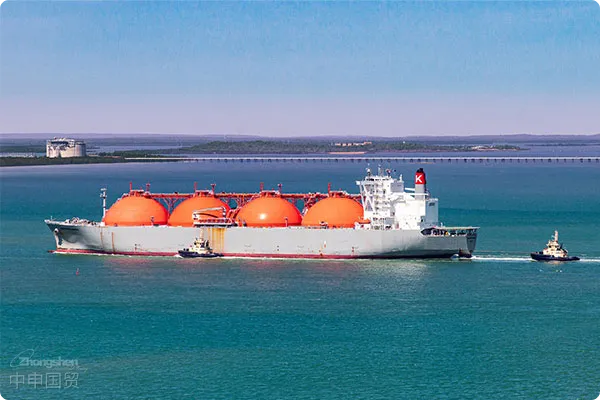- Shanghai Zhongshen International Trade Co., Ltd. - Two decades of trade agency expertise.
- Service Hotline: 139 1787 2118
Kazakhstans Energy Minister Satkaliyev announced a further six-month extension of the export ban on liquefied natural gas (including liquefied petroleum gas, propane, and butane) to meet the countrys growing energy demands. This policy takes effect from May 14 and is a key measure by Kazakhstan to address internal energy demand pressures and ensure national energy security.
As the largest economy in Central Asia, Kazakhstans industrial development and population growth are driving increasing energy demands. The expansion of the countrys industrial sector, particularly in chemicals and manufacturing, coupled with the energy supply needs of its vast territory, has compelled the government to take measures to ensure sufficient domestic energy supply. Although the countrys natural gas production reached 59 billion cubic meters in 2023 and is projected to increase to 60.5 billion cubic meters in 2024, it still needs to manage the internal allocation of its energy resources by restricting exports.
The extension of the export ban does not affect production at the Karachaganak gas field. As Kazakhstans largest gas field, accounting for 38% of the countrys total reserves and being part of multiple international energy agreements, its production activities will continue as planned.
Meanwhile, the Kazakh government is actively seeking to enhance the efficiency and eco-friendliness of its energy sector through technological modernization. On May 3, South Koreas Kepco and Doosan Enerbility announced their participation in modernization projects for thermal power plants in several major Kazakh cities, including the capital Astana, as well as Almaty, Pavlodar, and Topar. This collaboration is expected not only to improve power generation efficiency but also to reduce air pollution through innovative environmental technologies. Despite Kazakhstans export restrictions, the overall direction of its energy policy remains open and cooperative.

Related Recommendations
Core Business
Contact Us
Email: service@sh-zhongshen.com
Related Recommendations
Contact via WeChat

? 2025. All Rights Reserved. 滬ICP備2023007705號(hào)-2  PSB Record: Shanghai No.31011502009912
PSB Record: Shanghai No.31011502009912








